Heart disease is the No. 2 cause of death among adults in the U.S., after cancer.
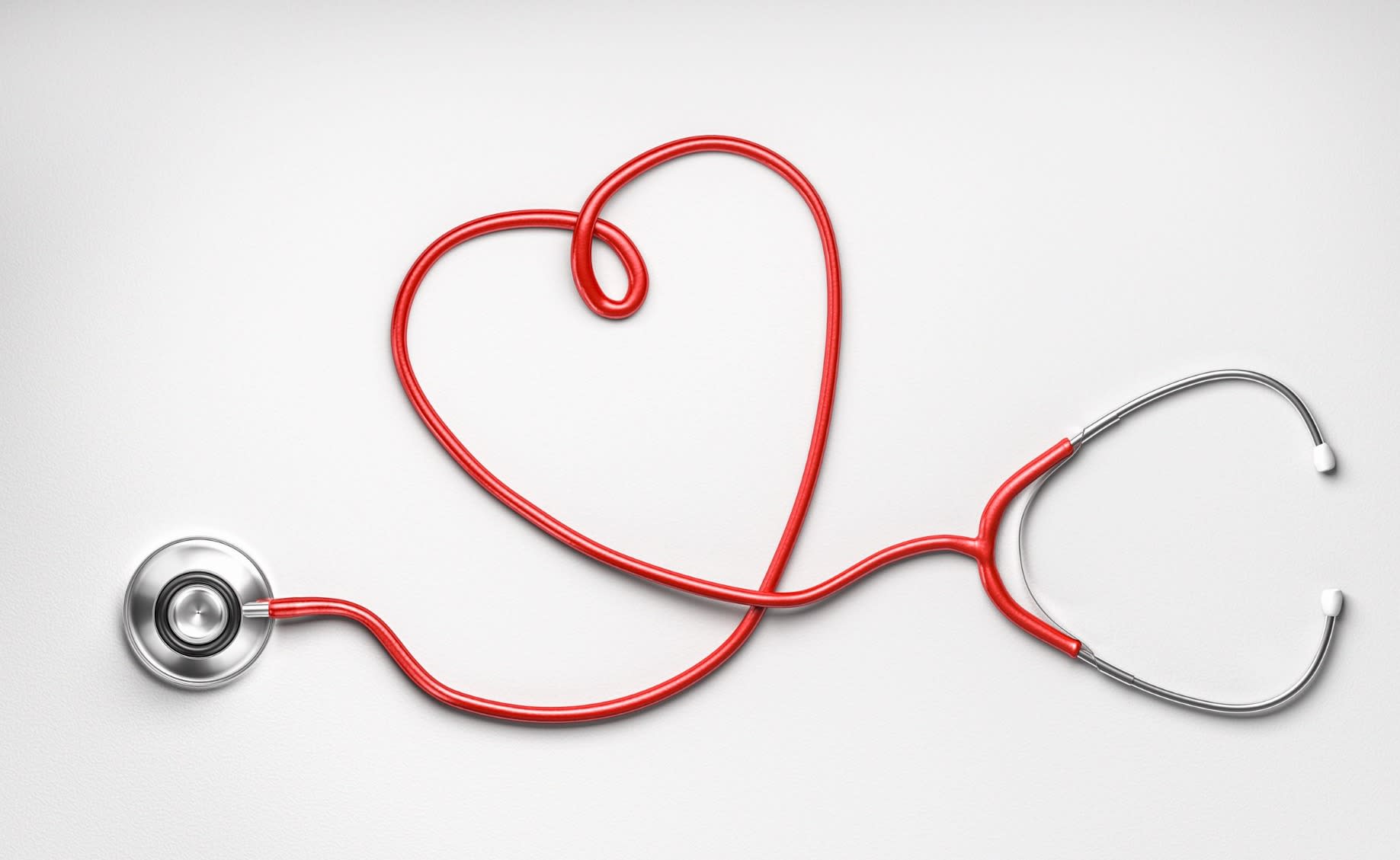
1 - False. Heart disease is the No.1 leading cause of death among women and men in the United States, causing about one in four deaths. Cancer is the No. 2 killer.
Getting a flu shot is not recommended for people with heart disease.
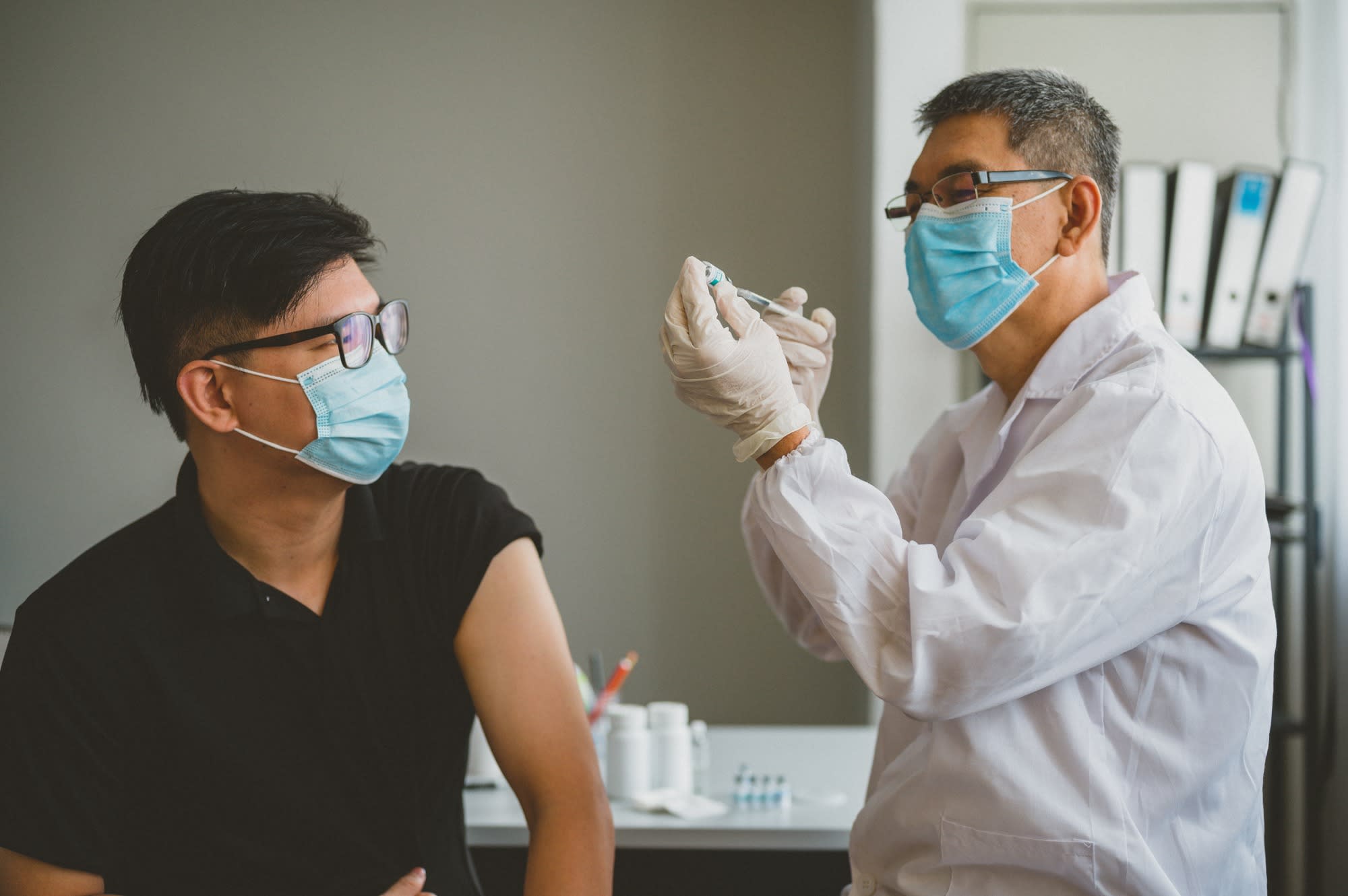
False. People with heart disease are at higher risk of developing serious flu complications. If you have heart disease, or have had a stroke, it is especially important to get a flu vaccine every year to protect against flu and its potentially serious complications.
*Source.
What is a leading risk factor of heart disease?

A and C. High blood pressure, also known as hypertension, is a leading risk factor for heart disease. Often called the "silent killer," high blood pressure has no symptoms so it’s important to have your blood pressure checked regularly.
*Source.
Certain medical conditions and lifestyle choices can also put someone at a higher risk for heart disease. Select all that apply.
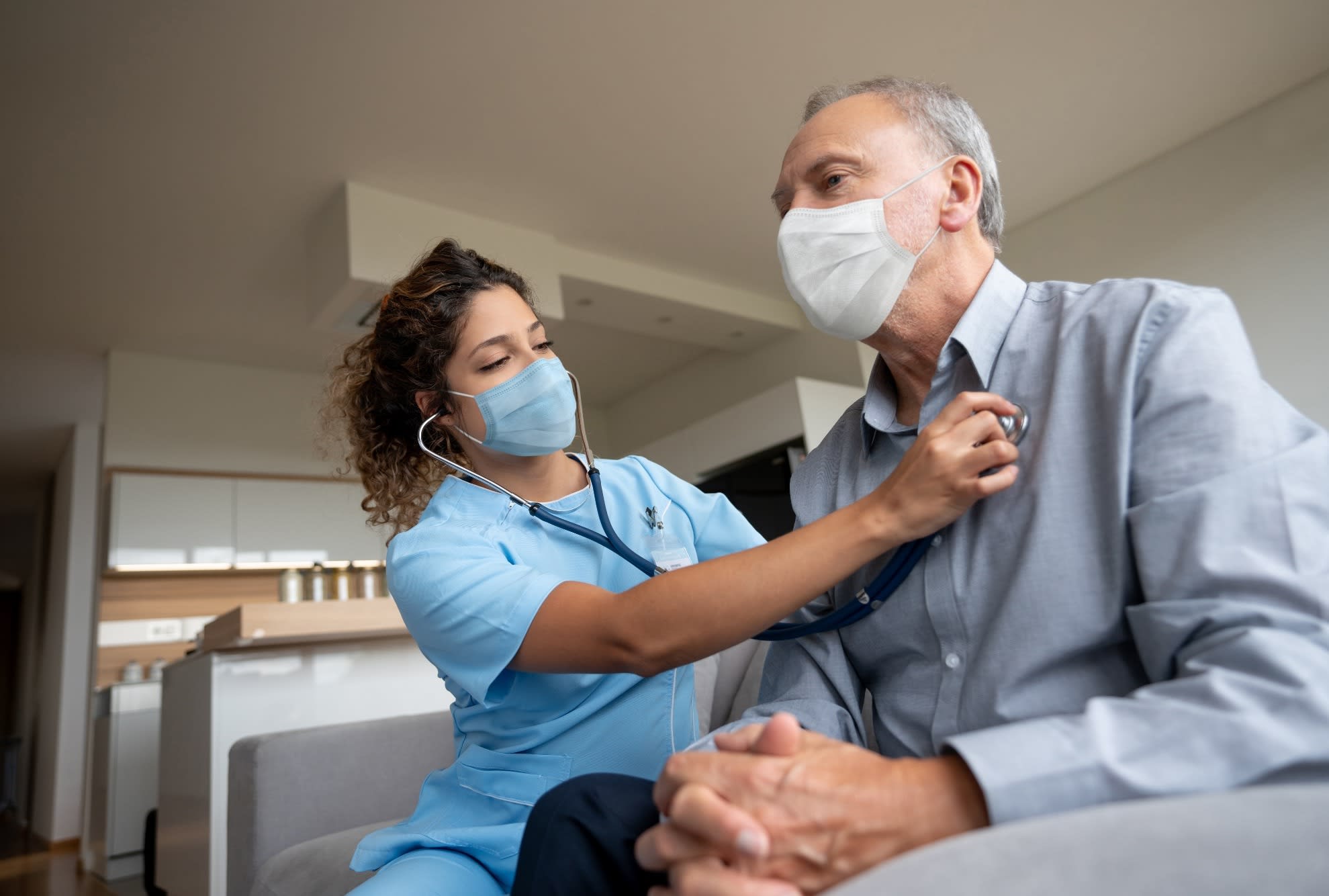
All of the above. Smoking, being overweight or obese, and having diabetes or high blood cholesterol are all factors that increase someone's risk for heart disease. Eating an unhealthy diet, not being physically active and drinking too much alcohol are also contributors.
The good news: You're in control. You can greatly reduce your risk for heart disease through lifestyle changes and, in some cases, medicine.
*Source.
If someone with diabetes keeps their blood sugar controlled, their risk of heart disease is no higher than someone who does not have diabetes.
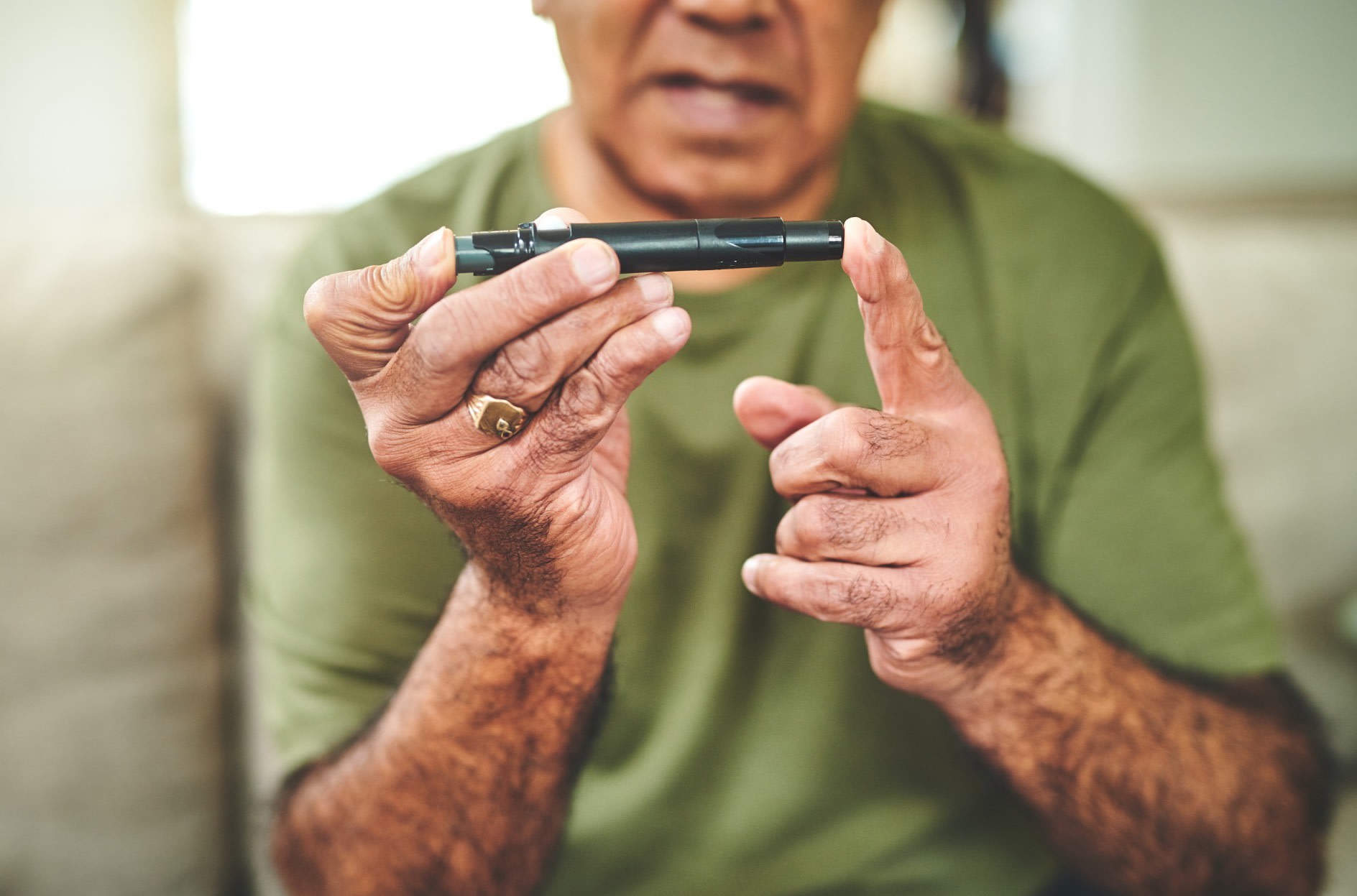
False. Even when glucose levels are under control, having diabetes increases the risk of heart disease and stroke. The risks are even greater if blood sugar is not well-controlled.
If you have diabetes, be sure to work with your doctor to manage it, and control any other risk factors that you can.
*Source.
People with heart disease typically experience symptoms.

False. Even if you have no symptoms, you may still be at risk for heart disease. Sometimes heart disease is not diagnosed until someone experiences signs or symptoms of a heart attack, heart failure or an arrhythmia (chest palpitations).
*Source.
Some heart attacks are sudden and intense. But most start slowly, with mild pain or discomfort. Which of the following signs could indicate a heart attack? Select all that apply.
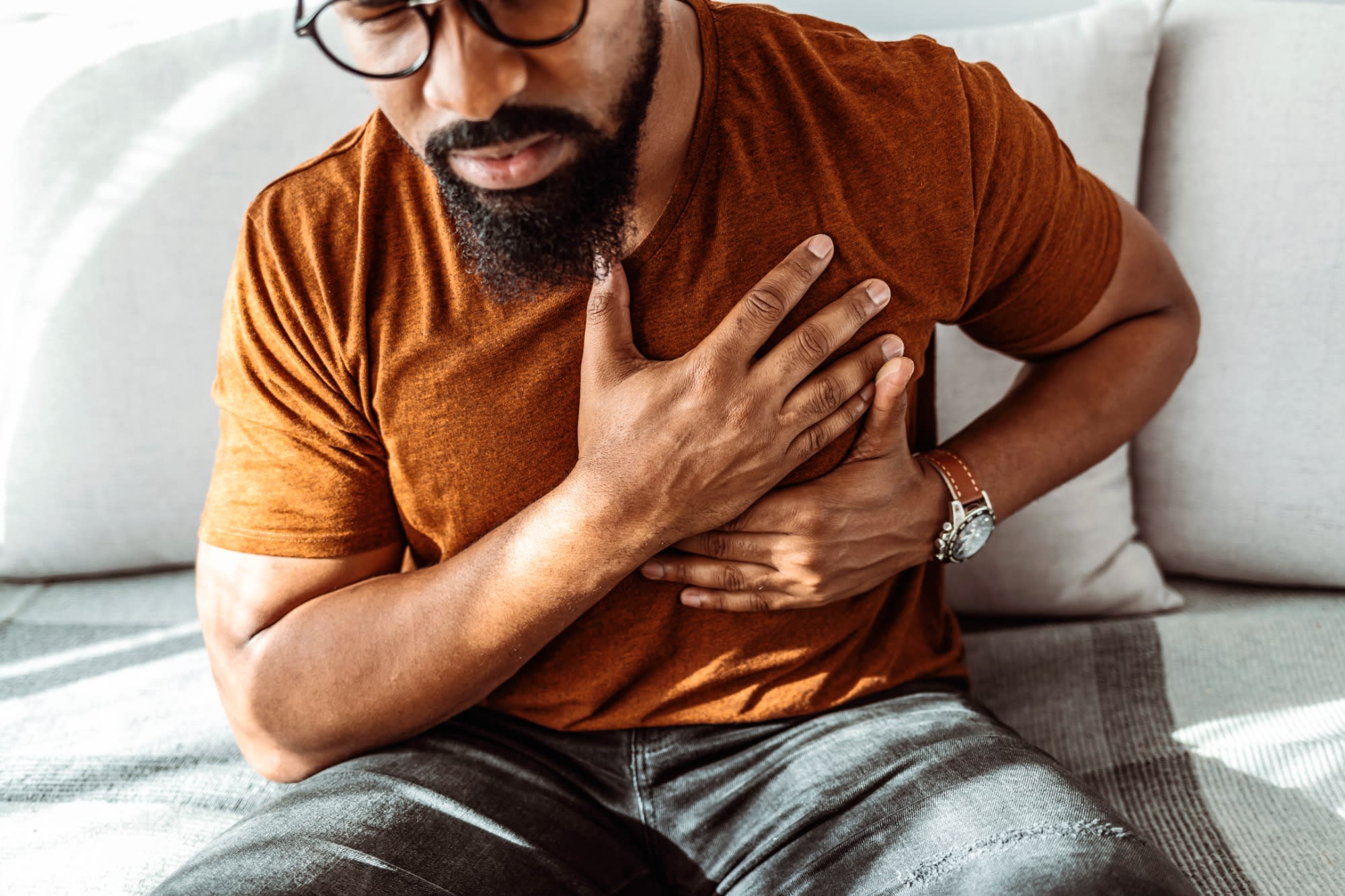
A, C and E. Pay attention to your body and call 911 if you experience:
- Uncomfortable pressure, squeezing, fullness or pain in the center of your chest. It lasts more than a few minutes, goes way and comes back.
- Shortness of breath with or without chest discomfort.
- Pain or discomfort in one or both arms, your back, neck, jaw or stomach.
- Other signs such as breaking out in a cold sweat, nausea, vomiting or lightheadedness.
After calling 911, someone experiencing heart attack symptoms should:

Chew an aspirin. Studies have shown that chewing a 325-milligram aspirin pill as soon as heart attack symptoms appear can limit heart damage. Chewing the pill is recommended as it causes quicker results than swallowing it.
Aspirin can help break up clots in the bloodstream that may be blocking blood flow to the heart and causing heart muscle cells to die. Breaking up these clots can prevent more heart muscle cells from dying.
"Sometimes we also tell people to chew four baby aspirin (81 mg each) if that's all they have on hand, which comes out to the same dose," said Dr. Ashkay Pendyal, a Novant Health cardiologist.
*Source.
Who has a greater risk of heart attack?

Men. Even after women reach the age of menopause, when women’s death rate from heart disease increases, women’s risk for heart attack is less than that for men.
In addition to having a greater risk than women, men are also more likely to have a heart attack earlier in life. However, heart disease is the leading cause of death in both men and women, so it is important for both men and women to pay attention to their heart health.
Women are more likely than men to experience indigestion or fatigue when having a heart attack.
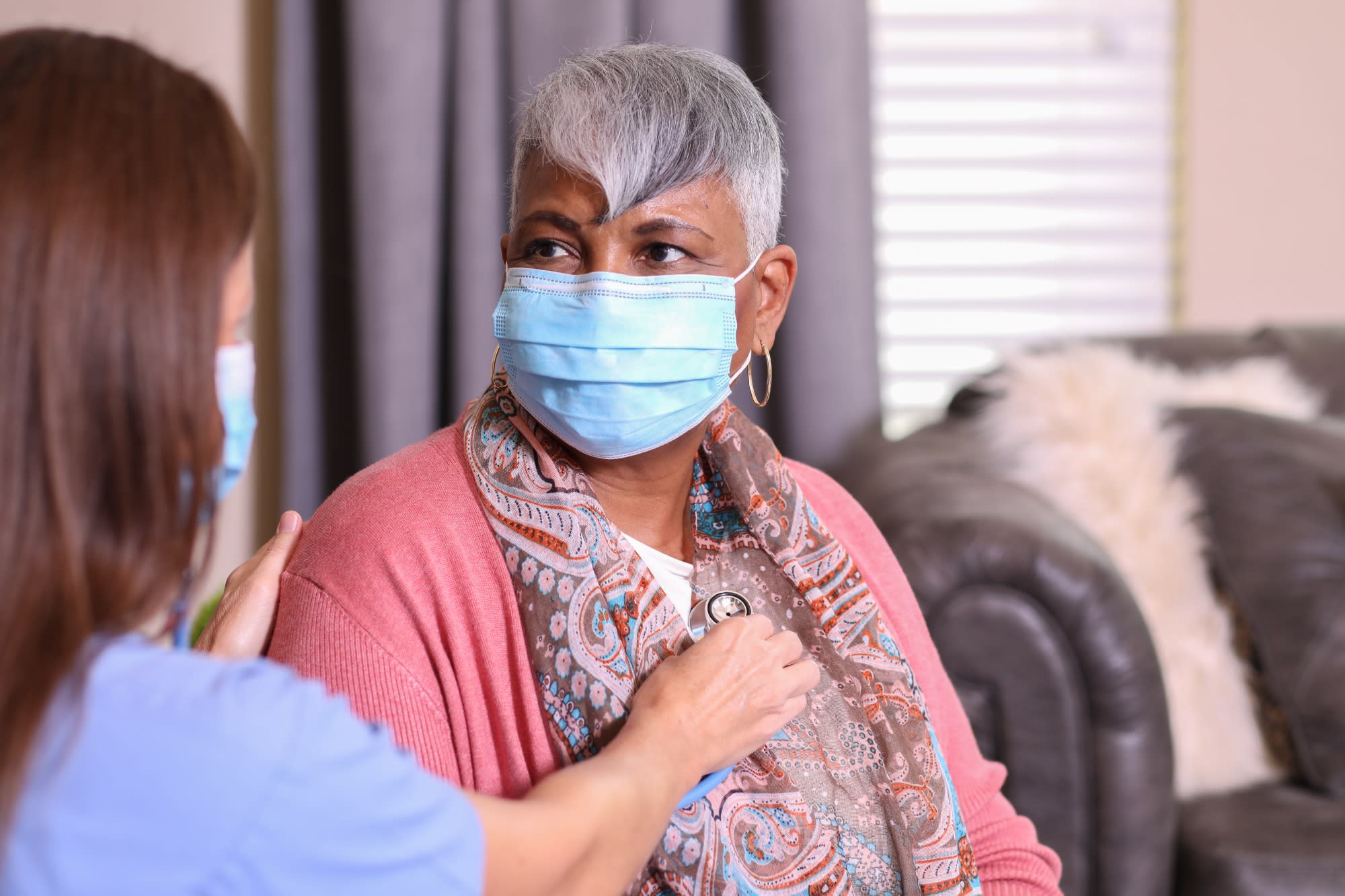
True. Men having heart attacks typically present with chest pain. Some women have chest pain, too, but they may also have indigestion, fatigue or difficulty breathing when having a heart attack.
*Source.
You got {number correct}/{number of questions} correct
Good try! You may not be a cardiologist, but learning more about your heart health is a great first step. Talk to your doctor about your heart disease risk, and find more resources to live a long, healthy life.
You got {number correct}/{number of questions} correct
Nice try! You may not be a cardiologist, but learning more about your heart health is a great first step.Talk to your doctor about your heart disease risk, and find more resources to live a long, healthy life.
You got {number correct}/{number of questions} correct
Nice job! Many adults have a “heart age” that’s older than them, meaning they could be at a higher risk of developing a heart condition. Talk to your doctor to learn your heart disease risk, and find more resources to live a long, healthy life.
You got {number correct}/{number of questions} correct
Way to go! Many adults have a “heart age” that’s older than them, meaning they could be at a higher risk of developing a heart condition. Talk to your doctor to learn your heart disease risk, and find more resources to live a long, healthy life.